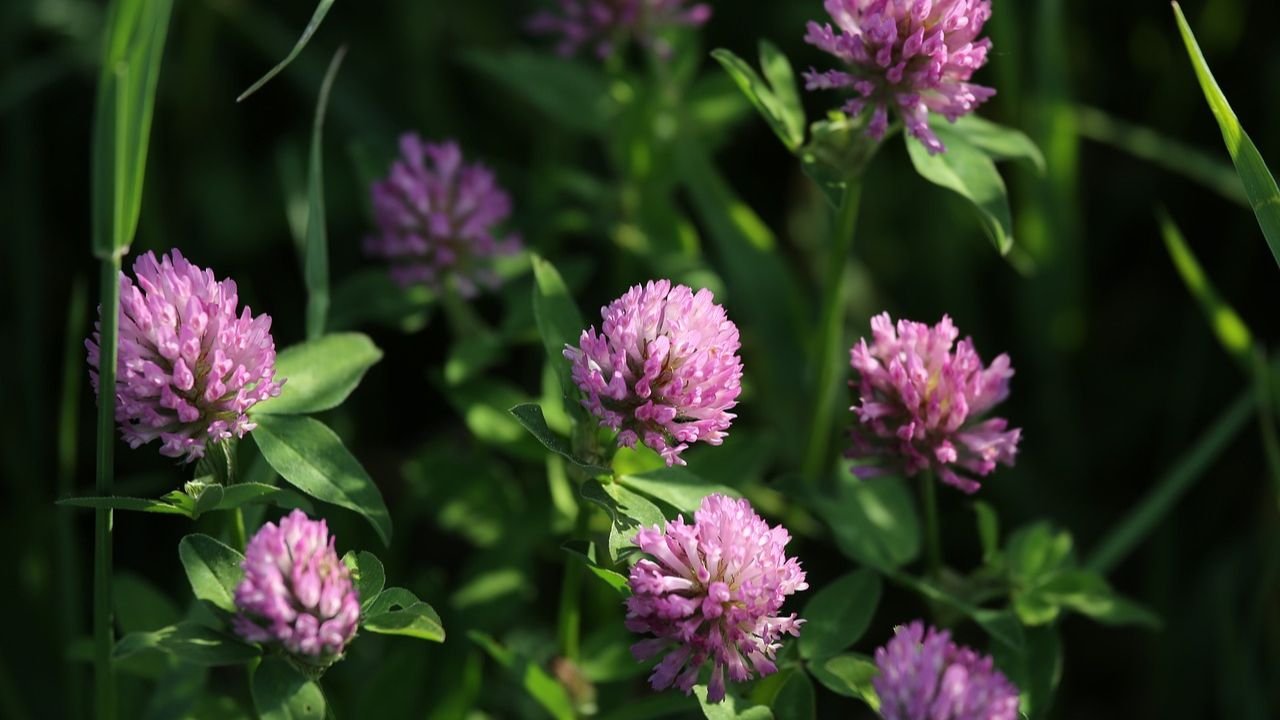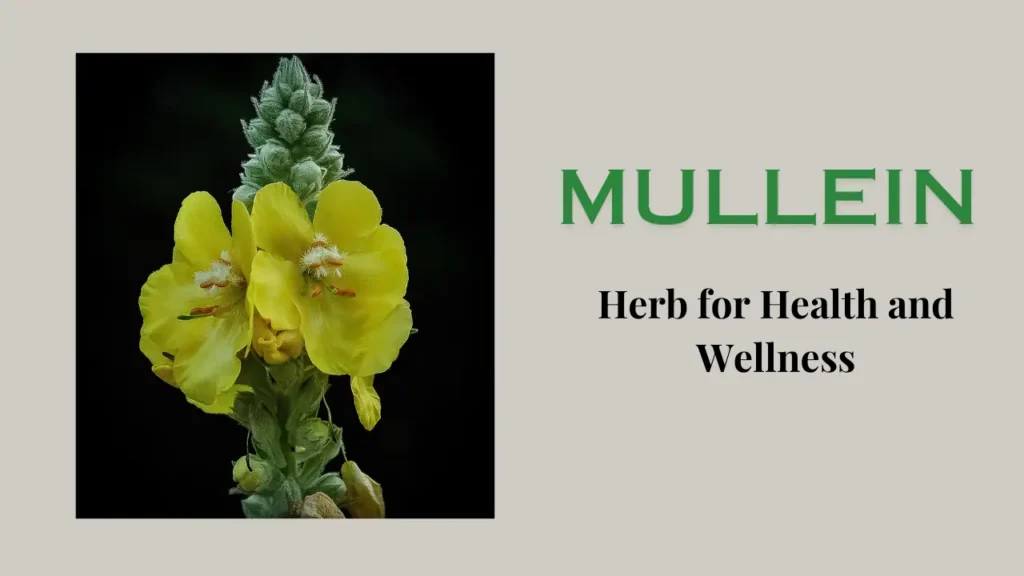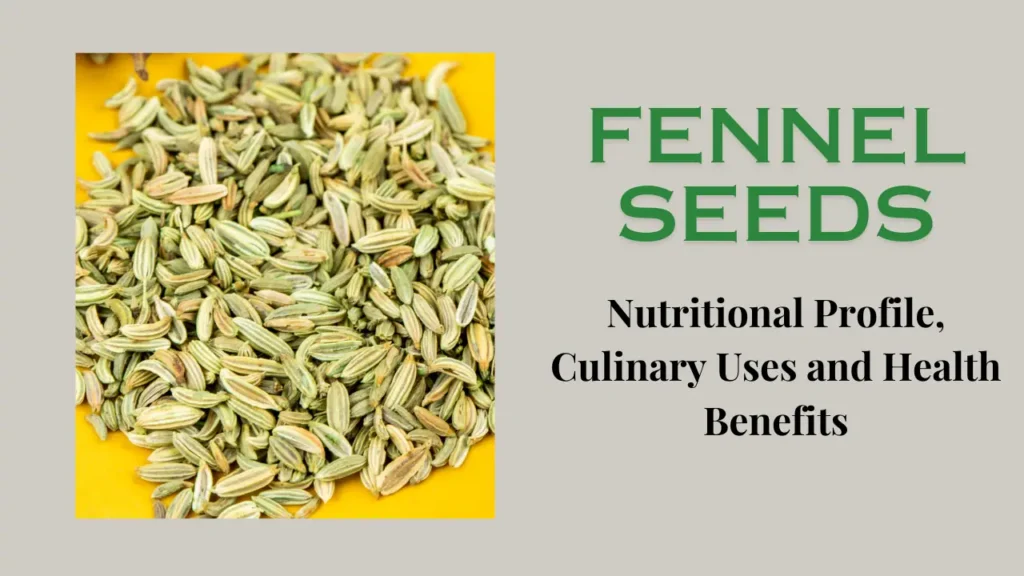Red clover (Trifolium pratense) is a popular herbal plant known for its many health benefits. This versatile herb has been used in traditional medicine for centuries and is currently gaining recognition in scientific research. In this article, we will explore the fascinating properties of red clover and learn how it can contribute to your overall well-being.

Red clover (Trifolium pratense) has been cultivated for centuries in Europe, Asia, and North America. This herb has long been valued for its beautiful red flowers and exceptional medicinal properties.
In ancient times, red clover held an important place in the medical systems of many cultures. It has been used to combat various ailments and promote overall well-being. It is believed to have originated in Europe, where it was widely cultivated and used as a medicinal herb.
Due to its medicinal properties, it became popular even in Asia. Here it began to be used as an essential ingredient in traditional Chinese medicine. The Chinese recognized and used its ability to promote hormonal balance, improve heart health, and support overall vitality.
European settlers later introduced red clover to North America, where it thrived in temperate climates. Native American tribes also incorporated red clover into their medicinal practices, utilizing its therapeutic properties to treat various conditions.
Nutritional Profile of Red Clover
- Isoflavones: It is particularly rich in isoflavones, which are plant compounds that act as phytoestrogens. These phytoestrogens mimic the effects of estrogen in the body, providing a variety of health benefits.
- Vitamins and Minerals: Red clover contains important vitamins such as vitamin C, niacin, and thiamine, as well as minerals such as calcium, magnesium, and potassium. These nutrients play an important role in supporting overall health and well-being.
- Antioxidants: It is a source of powerful antioxidants, including flavonoids and phenolic compounds. These antioxidants help combat oxidative stress, reduce inflammation, and protect against cellular damage.
Health Benefits of Red Clover
1. Helping with hormonal balance and Menopause Support
It can reduce menopause symptoms. The isoflavones present in it act as natural phytoestrogens, which help balance hormone levels in the body. This may reduce common menopause discomforts such as hot flashes, night sweats, and mood swings.
2. Improves heart health and controls cholesterol
Studies have shown that it may contribute to improved heart health. It can increase HDL (good) cholesterol levels as well as reduce LDL (bad) cholesterol levels.
The antioxidants found in it also help prevent oxidation of cholesterol, which is a significant risk factor for heart disease.
3. Enhances bone health and prevents Osteoporosis
The isoflavones present in red clover play an important role in promoting bone health. It is known to increase bone mineral density and reduce the risk of Osteoporosis, which makes bones weak and brittle.
Red clover supplements have shown promise in slowing bone loss and maintaining bone strength, especially in post-menopausal women.
4. Has skin health and anti-aging effects
5. Ability to prevent Cancer
Some studies conducted by scientists have shown that red clover contains compounds called isoflavones which may have anti-cancer properties, that are beneficial in breast and prostate cancer. However, more research is needed to establish efficacy and optimal dosage for cancer prevention.
How to Use Red Clover in Your Routine
a) In the form of herbal tea
- The most popular and straightforward way to enjoy the health benefits of red clover is to consume it as an herbal tea.
- To prepare its tea, steep the dried flowers in hot water for 10-15 minutes, then strain before drinking. If you wish, you can sweeten the tea with honey or lemon.
b) In the form of Supplements
Red clover is also available in a variety of supplement forms, including capsules, tablets, and liquid extracts. It is necessary to take its correct dosage. For this, it would be wise to consult a healthcare professional.
Potential Side Effects
- Red clover is generally considered safe for most people, but some may experience mild side effects such as headache, nausea, and rash.
- Pregnant and breastfeeding women should consult their doctor before using it, as its effects during these periods have not been fully studied.
- Individuals with hormone-sensitive conditions such as breast or uterine cancer should exercise caution and seek medical advice before adding red clover to their daily routine.
Conclusion
Red clover has a rich history. Due to its diverse cultural uses and exceptional health benefits, it is considered a valuable herb for promoting overall well-being. From hormonal balance and menopause support to heart health, bone health, and potential anti-aging effects, it offers a variety of benefits for individuals of all ages. On the advice of your doctor, you can include it in your daily routine in the form of tea or supplements.
Remember, before starting any new wellness regimen, it’s always best to consult with a healthcare professional to ensure it is suitable for your specific needs and circumstances.
There is no definite answer to how long it takes to work because research is ongoing. However, some studies show that it may take several weeks or even months for hot flashes to subside during menopause.
It is difficult to say with certainty whether red clover is good for the skin as there is limited scientific evidence. Some believe that its isoflavones may have anti-inflammatory properties that may benefit skin conditions like eczema or psoriasis. More research is needed.
This herb is not suitable for everyone, especially those with:
- Have hormone-sensitive conditions: Isoflavones mimic estrogen so it’s best to avoid it if you have conditions like endometriosis, uterine fibroids, or hormone-positive breast cancer.
- People with blood clotting disorders: It may have blood-thinning properties, so avoid consuming it if you have bleeding problems or take blood-thinning medications.
- Pregnancy and breastfeeding: It is not yet established whether it is safe to consume during pregnancy and breastfeeding, so it is best to avoid its use during such times.
There’s not enough scientific evidence to show Red Clover is effective for weight loss.
It thrives in full sun and well-drained soil. It can tolerate a variety of soils but prefers a slightly acidic to neutral pH. You can find specific planting recommendations based on your region through gardening resources.








